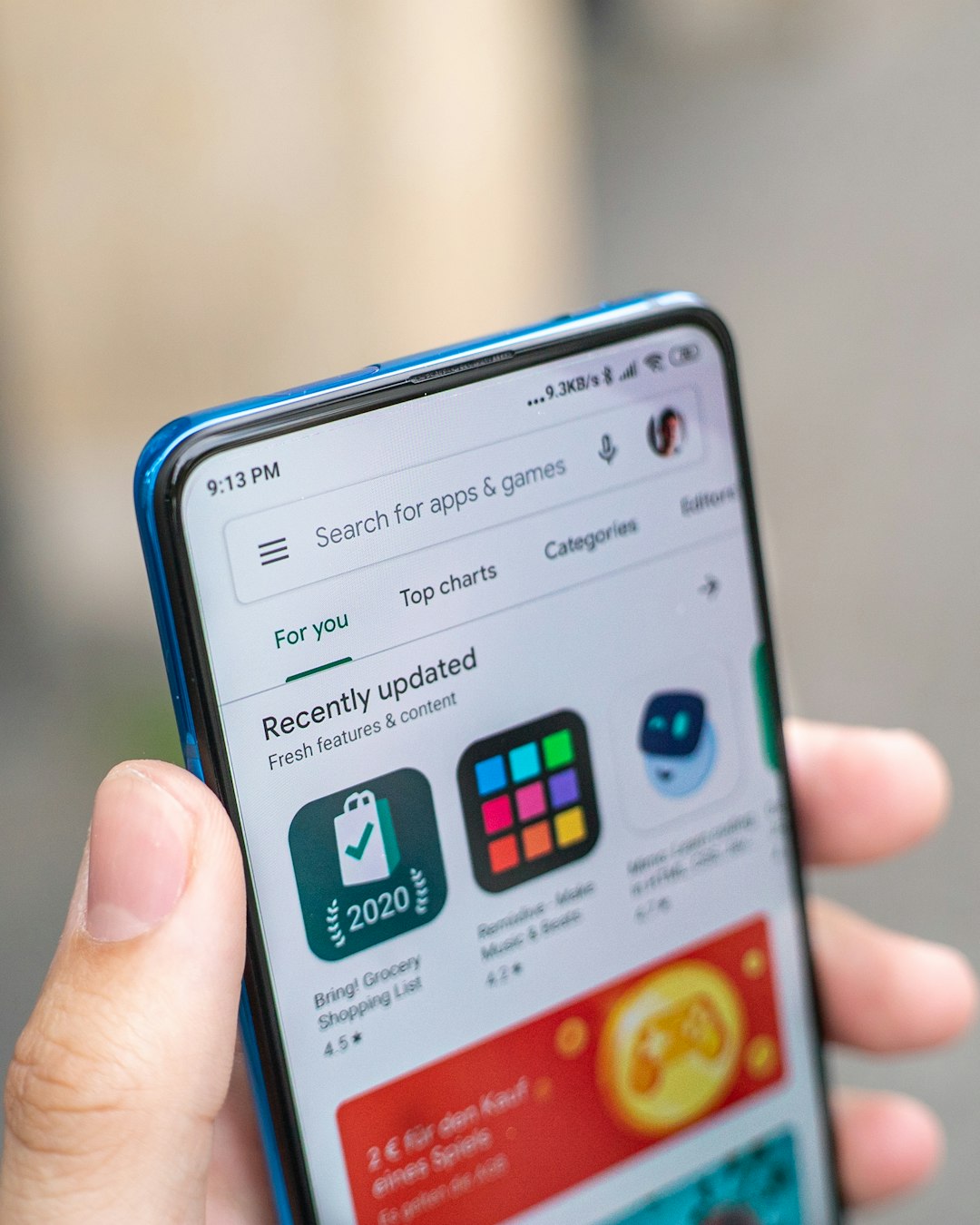Payday Predators Pounce in Wild West App Stores
Apple, Google fail to rein-in the predators on your phone
There’s something magical about holding a tiny supercomputer in your hand.
You can connect with friends, do most of your work, and manage your life - even track your loved ones - all from your phone.
Many Americans, too, appreciate the convenience of ordering food or managing their finances from their phones.
A fair number of Americans - almost half- struggle with saving:
“. . . with just over half of Americans having enough savings to cover three months expenses (considered a good marker of sufficient funds to cover an emergency — job loss, health situation, etc.).”
So, it’s no wonder that fintech lenders want to be in your phone’s App Store.
If you need some short-term cash to cover an emergency expense, you can complete an entire transaction on your phone in a few minutes and in some cases, have the money in your account on the same day.
Sounds great, right?
It can be great - unless the lender you use is a payday predator that has been sanctioned for breaking the law and harming consumers.
Jason Mikula at Fintech Business Weekly points out that Apple and Google are basically NOT policing their app stores and that as a result, lenders who have been legally sanctioned are still just out there signing up unwitting customers on their phones.
Here are a couple of examples he cites of apps that are out there — no warning, no restrictions — just freely able to sign up new customers:
Companies that are operating without legally required licenses and are under cease and desist orders in some jurisdictions, like SoLo Funds . . .

And apps that have been cited by regulators for potentially deceptive practices and appear likely to be an outright scam or Ponzi scheme, like Zera Financial . . .
Mikula is concerned that Apple and Google are doing little to police their app store and that these apps are trading on the “trusted partner” status afforded to Google and Apple by users.
In fact, Apple positions its app store as a safe space:
An Apple spokesperson told the Washington Post that “[u]ser trust is at the foundation of why we created the App Store, and we have only deepened that commitment in the years since.”
Apple’s policy explicitly prohibits loan products with APRs exceeding 36%. Yet Solo Funds, Dave, and MoneyLion offer products that exceed that upper limit.
The bottom line:
Before you sign up for a lending product on your phone, do some research. Apple and Google aren’t protecting you — even though doing so likely wouldn’t cost them THAT much.
Until a body like the Consumer Financial Protection Bureau (CFPB) steps into financial marketplaces like the App Store, consumers should exercise extreme caution — especially when it comes to fintech lenders on your phone.




Yikes. So grateful you're out there sharing this information, Andy! With all that Apple and Google ARE monitoring (and not always in helpful ways), you'd think they could focus some effort towards more helpful undertakings.